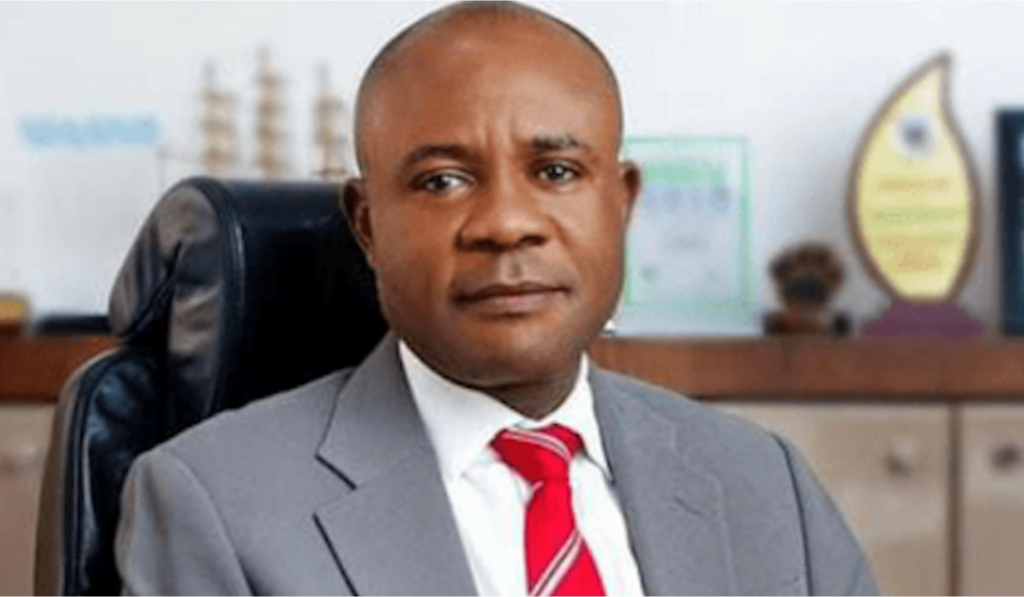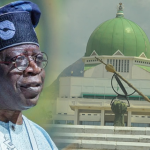
The Enugu State Government has clarified that the Enugu Mortuary Tax is not intended to generate revenue, but rather to discourage people from keeping their deceased loved ones in mortuaries for extended periods. According to the Executive Chairman of the Enugu State Internal Revenue Service (ESIRS), Mr. Emmanuel Nnamani, the tax is an indirect one paid by mortuary owners, not the families of the deceased.
The controversy surrounding the tax arose from a circular addressed to mortuary attendants in the state, which outlined the implementation of the mortuary tax as per the Birth, Deaths and Burials Law Cap 15 Revised Laws of Enugu State 2004. The circular stated that a sum of N40 would be paid by owners of corpses not buried within 24 hours, with the amount accruing daily.
Nnamani emphasized that the tax is not new and has been in existence for years. He also corrected misinformation circulating on social media, stating that the amount payable is N40, not N40,000. The tax aims to encourage timely burials, and since its introduction, no one has been denied burial due to inability to pay.
Key Points:
- Purpose of the Tax: To discourage extended mortuary stays, not to generate revenue
- Tax Amount: N40 per day, paid by mortuary owners
- Payment Procedure: Paid before corpse collection, remitted to ESIRS via commercial banks
- Tax Law: Enugu State Mortuary Tax Law, Section 34, Birth, Deaths and Burials Law Cap 15 Revised Laws of Enugu State 2004
The Enugu State Government’s clarification aims to alleviate concerns and promote understanding of the tax’s purpose. Would you like to know more about Enugu State’s tax laws or policies?


